PAREA at Davos: advancing mental health innovation on the global stage
The annual meeting in Davos, Switzerland, has long been a key gathering where global leaders in business, policy, and advocacy come together to address pressing global challenges. The 2025 discussions, which took place in the week of 20th January, focused on themes of collaboration, economic transformation, and sustainability, with mental health gaining significant recognition as a critical issue in shaping the future of societies and economies.
Against this backdrop, Mental Health Day was hosted within the Davos Social Innovation House, which served as a key hub for discussions on mental health, finance, and societal transformation. THE REAL Mental Health Foundation, which organized the event, used the platform to promote its mission of securing $10 billion in mental health funding by 2030.
Davos reinforced the growing recognition of mental and brain health as global priorities. PAREA played an active role in these discussions, emphasizing the need for innovation and investment in mental health, including psychedelic therapies, as part of broader healthcare and economic strategies.
PAREA’s engagement in these high-level discussions reflects our expanding role in shaping the future of mental health policy and innovation.
Mental health as a foundational pillar
Mental health is not just another sector in healthcare—it underpins every aspect of life, from productivity and learning to social and economic stability. During the “Brain Capital & Human Flourishing: Connecting Brain Health, Psychedelics, Purpose, and Economic Prosperity” panel at Mental Health Day, PAREA’s Founder Tadeusz Hawrot discussed how mental health innovations, including psychedelics, can generate value across industries. He emphasised that psychedelics place front and centre the role of human experience in psychological transformation, counteracting trends in mental health that seek to reduce our problems solely to biology.
In addition to discussing psychedelics, he highlighted that mental health is key to unlocking value in healthcare. Examples abound:
Depression reduces life satisfaction more than debt, divorce, or diabetes.
Addressing anxiety and depression in heart disease patients improves survival rates.
PTSD significantly increases the risk of dementia.
Women with severe PTSD symptoms face double the risk of ovarian cancer.
Psychedelics and brain optimisation
We also participated in the Psychedelics and Technodelics for Brain Optimization panel at the unDavos Summit. During his contribution, PAREA’s Founder highlighted the potential of psychedelics for cognitive and emotional well-being while emphasizing responsible use. He stressed the importance of integration—psychedelic experiences can challenge core beliefs, requiring time and reflection to process effectively. Without proper integration, frequent use may become counterproductive.
Davos 2025: A growing focus on brain health
Davos has long been a barometer for global priorities, and this year saw a noticeable surge of interest in mental and brain health. Policymakers and industry leaders increasingly recognise that brain health must be treated with the same urgency as other major health challenges, such as cancer or pandemics. This is especially critical as AI-driven transformations threaten to reshape the job market, with estimates suggesting that 40% of jobs could be lost in the coming years—potentially triggering widespread mental health challenges.
PAREA would like to thank THE REAL Mental Health Foundation, Convergence Partners, and unDavos for including us in these essential discussions and for their leadership in advancing the conversation on mental health at Davos.



